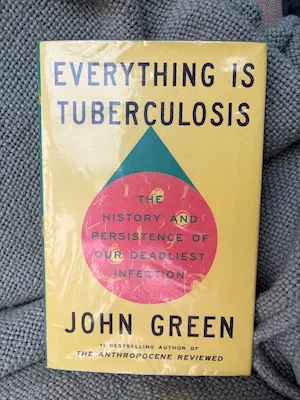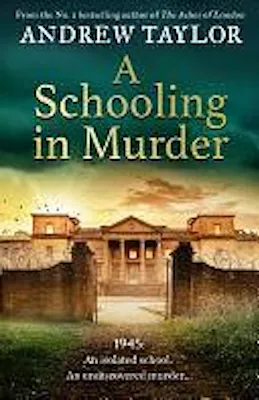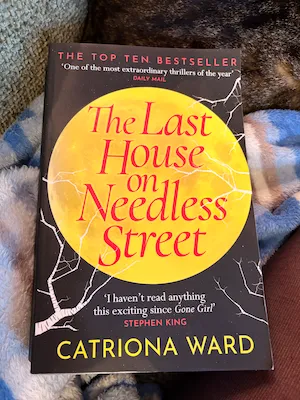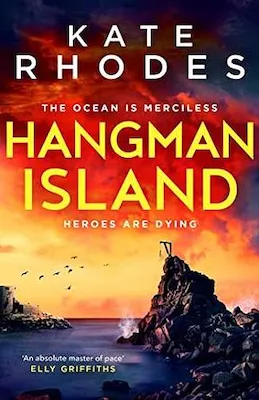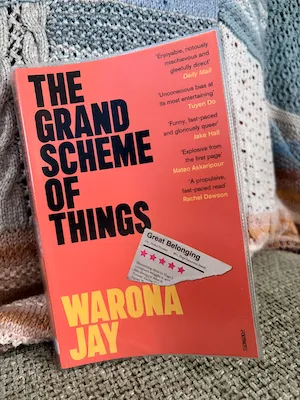Open Season
by Archer Mayor
Thursday, February 6, 2003
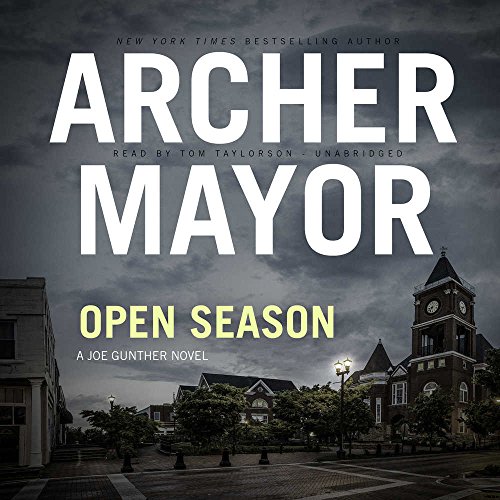
[I read this for a mailing list discussion and these comments are taken from that discussion; which means that they are out of context and contain spoilers.]
[on the timing]
I only got hold of the book from the library a couple of days ago - just when I thought I was going to have to miss out on the discussion entirely - so I’m only 50 odd pages into it so far which is a bit soon to start answering questions. I just wanted to say that the age thing had me confused too, even setting my mental clock back 15 years to the 1988 copyright date on the book Joe seems too young to have done everything that he’s done. Paul mentioned comparing this book to Harstad and I thought of that when I was reading too, they seem similar kinds of first person, smalltown, long time cop stories. I couldn’t get through the Harstad books though I enjoyed the beginnings. So far I think the characters have more flesh on them than Harstad’s and I’m finding Mayor’s descriptive passages and writing in general better. It remains to be seen what I’ll think by the end.
[on the setting]
I thought the setting worked pretty well placewise. I liked Joe’s description of the area as being “like a haphazard collection of Matchbox toys left scattered across a rumpled blanket” and the designation of non-locals as “flatlanders”. I got a real sense of the snow, the cold and the hills.
I wasn’t so sure about the setup for the book. The fact that Bill Davis had been convicted on very little evidence with a whole host of things being skimped on was something that I couldn’t quite believe and had to shrug my shoulders and get over it to enjoy the rest of the book. I expected it to get explained eventually but that didn’t seem to happen. Joe finds out that Frank stopped a search on Kimberly Harris’s fingerprints from happening and I don’t remember finding out why Frank did that. When Colonel Stark came on the scene I thought that the scantness of the original investigation was going to be something to do with him and now something had changed and he was out to get the real murderer but that didn’t happen either.
I think the story could have happened pretty much anywhere with a few minor changes if the rushed investigation of a crime was because the suspect is part of a minority group - pretty much every community has a minority of some sort, even those communities that look homogenous to outsiders.
Small town Vermont made an interesting background and I did think the story worked in that setting.
[on science in books]
Good question, Sarah, and I’ll answer both bits together as far as I can. I like science and I like learning about new stuff and I like reading about it too. What I don’t like are authors who try and push their research (scientific, historical etc.) on to the reader without filtering it or watering it down to the level that the plot needs. Some authors do a really good job of explaining stuff to the reader and some don’t.
My problem with answering the question in full is that when an author does these things well I don’t even notice so I can’t think of anyone to cite as a good example here. A bad example for me would be the first Donald Harstad book that we read which also had a lengthy explanation of blood types at about the point where I put the book down for the final time. I want an interesting explantion of the points relevant to the story being told and not a page from a medical textbook inserted into a mystery. Another bad example that’s stuck with me a long time is in one of Patricia Cornwell’s books where Lucy is learning SQL (a language for getting information in and out of databases) and she waxes lyrical about it for about a million years. I *know* SQL, I even think it has interesting pointss ometimes, but I didn’t think it did anything for the plot and it made an exceedingly boring bit of reading.
I thought Mayor’s bit about blood types was not quite good but not all bad either. He stuck the detail stuff in tables that the reader could gloss over without missing the important points that were summarised in the narrative. It wasn’t essential that he went into as much detail as he did but I thought it worked because it showed Joe being befuddled by the information just as the reader was.
[overall]
Overall I thought the book was pretty average: some good stuff muddled up with some not terribly believable bits, it was enjoyable enough but I didn’t find it very satisfying to finish. It was a long way from the worst thing I’ve ever read, the first Mayor I’ve read, and I won’t be hurrying to read the rest of the series. If one turns up on the library or UBS shelf I might have a read but I won’t go out of my way to find them unless someone I respect round these parts gives one of them an A++ with flashing lights and jingling bells type of writeup.





